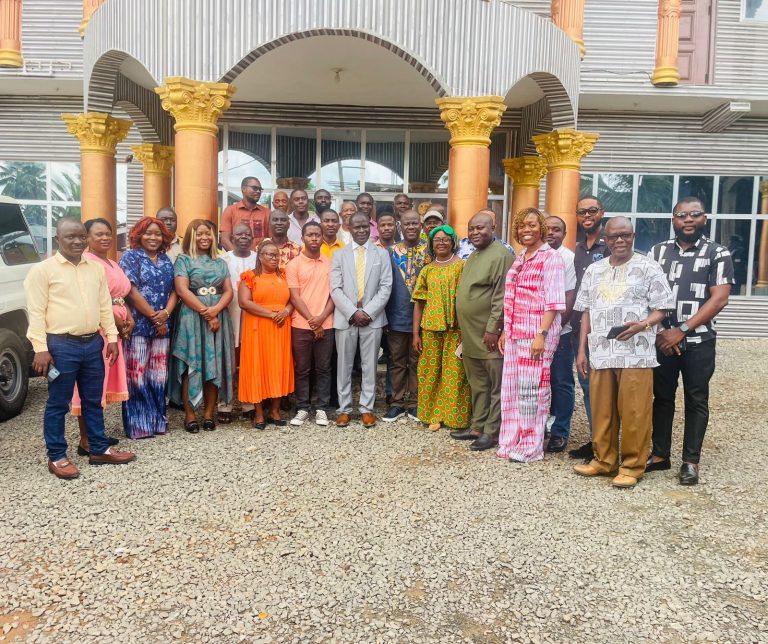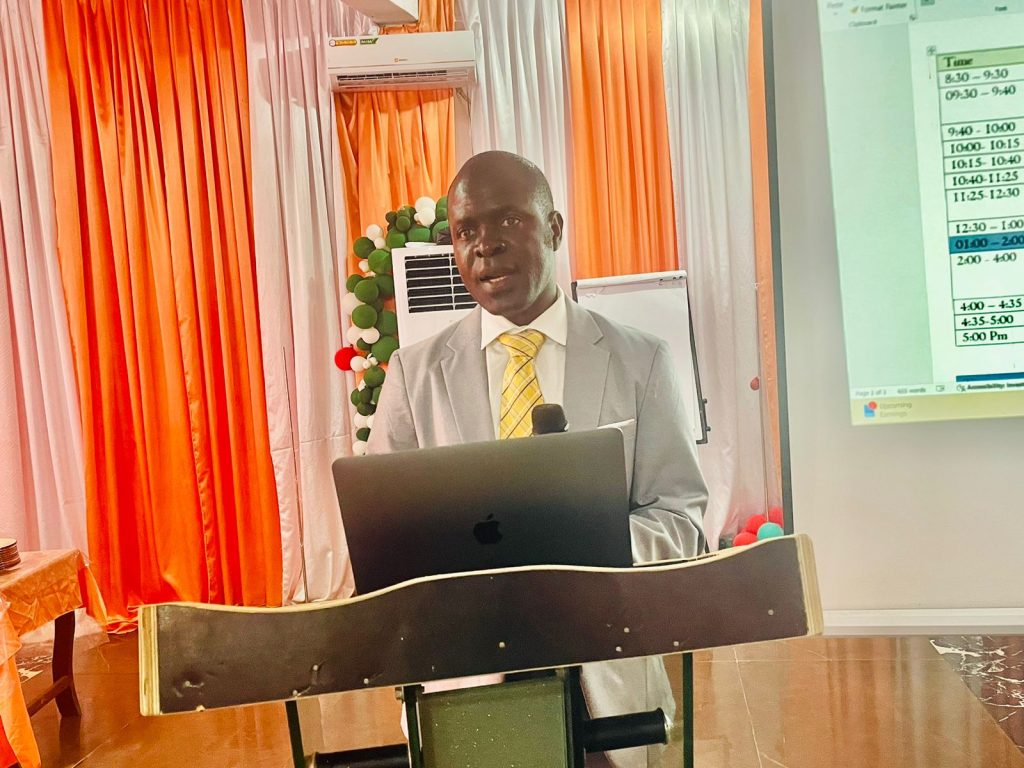Posts Categories
Latest Posts

Kakata, Margibi County – May 26, 2025 – The Executive Director of the Environmental Protection Agency (EPA) of Liberia, Dr. Emmanuel K. Urey Yarkpawolo, is calling on stakeholders to remain realistic and focused as Liberia prepares its updated climate action plan under the Nationally Determined Contributions (NDCs) 3.0.
Speaking at the opening of a two-day NDCs Sectors Prioritization Workshop in Kakata, Margibi County, Dr. Yarkpawolo reminded participants that Liberia contributes only about 0.03% to global greenhouse gas emissions, yet it is one of the countries most affected by the impacts of climate change. He emphasized that while the country remains committed to addressing climate issues, its efforts must match available resources.
Liberia’s current goal is to reduce emissions by 64% below business-as-usual levels by 2030. This ambition, he said, should not be raised further. “A 64% target is already bold enough for a country like ours with limited resources,” he said. “We must not go above this limit unless the financial support from our international partners improves.”

Dr. Yarkpawolo noted that Liberia had made progress under its previous NDCs. A recent stocktake showed a 20.47% reduction in greenhouse gas emissions, even though the promised international financial support was not fully received. He credited this achievement to strong national efforts but said that further gains would require clear priorities and stronger funding commitments.
He recommended including freshwater ecosystems and land rights as new focus areas in the next NDC plan. He explained that freshwater ecosystems are under threat due to mining activities, especially the illegal use of mercury. Including this area would help protect Liberia’s inland water sources. On land rights, he said Liberia has a good land law on paper, but more must be done to ensure it is put into action.
Dr. Yarkpawolo also proposed that gender, youth, children, and other vulnerable groups be included as a cross-cutting issue in the new climate plan. He stressed that addressing the needs and rights of these groups must be part of every climate strategy. Another cross-cutting area he recommended was loss and damage, which is now part of international climate talks and has its own funding system.
He made it clear that not including some sectors in the NDCs 3.0 does not mean those sectors will be ignored. Instead, the focus now is on choosing the most urgent and manageable priorities. “We will still work in all sectors,” he said. “But we must begin by focusing on those that will give us the best results now. As we move forward, we can add more sectors in NDCs 4.0.”
He thanked the participants for their time and urged them to keep the recommendations from the stocktake report in mind as they finalize the new national climate targets.
The two-day workshop in Kakata brought together representatives from government agencies, development partners, and the private sector to agree on key sectors for Liberia’s updated climate commitments and is expected to climax on Tuesday, May 27, 2025.
